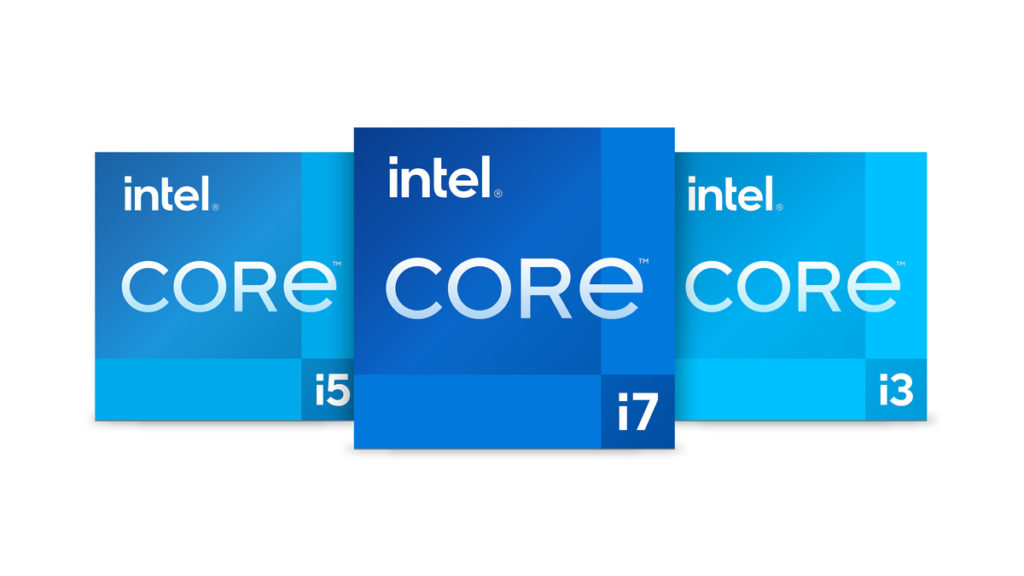I do have to wonder about these ' past experiences'. I had AMD since 100mhz, then k6 then duron, then a8 with an e2 sprinkled somewhere and an a2 or some such using as a third computer, with a now a ryzen laptop and a ryzen full desktops as the main one.. all of those with no problems I didn't create myself, fully knowing I might, and I did. The older systems I tossed in working condition, the e2 or whatever it was , I fried by screwing it it.
Im betting lot of this "past experiences" stem from having an already negative view of the product, of having a view of the "budget " product and then via confirmation bias just cementing the position. Any problem, most likely user created would go to cementing the idea.
If anything this gives amd even more reason to raise prices as much as the market allows should they offer the higher performance. Sadly price also goes deeply in perception, and that perception skews every problem a user will encounter. Im sure Intel systems crash all the same, slow down and can be crap all the same ( well actually i live this everyday at work, its all intel), if you have a positive view of intel you will be like, yeah its the software, needs a reinstall.. yeah is hdd, is too slow.. yeah it needs more memory... Yada yada... You don't go, oh its intel, its those processors.... AMD on the other hand being in second place, im sure many would go, oh its that weird processor, just a new computer... And of course, new will be better no matter what, fresh install more hdd, more memory most likely... And so, well cementing the idea having nothing to do with reality.

